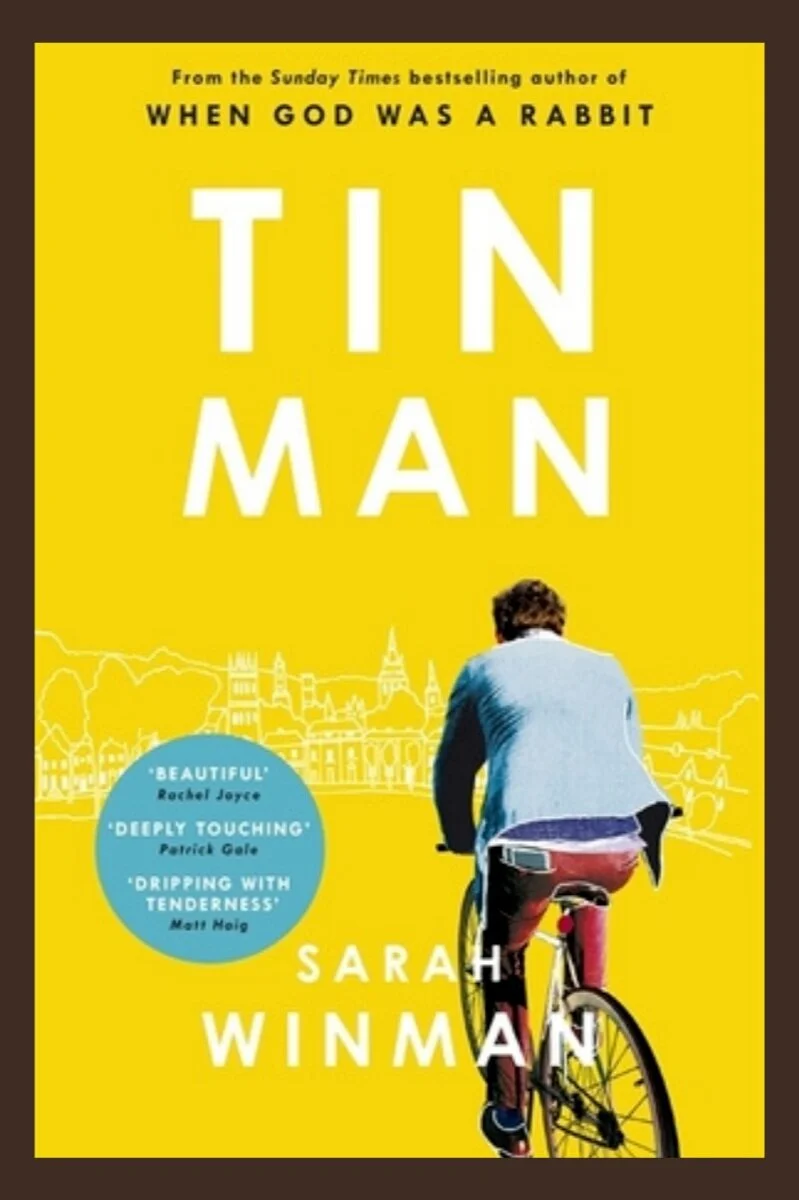Maurice – E.M. Forster
100-Word (or Less) Synopsis: [adapted from the dustjacket] Maurice is heartbroken over unrequited love, which opened his heart and mind to his own sexual identity. To be true to himself, he goes against the grain of society’s often unspoken rules of class, wealth and politics.
Expectation: Stodgy and stiff British literature from a bygone era.
Reality: Remarkably relatable for queer readers, there are elements that still feel dated, but the overall experience is rewarding.
Recommended For: Fans of classic literature and “Downtown Abbey.”
Why I Read It: It had been in my queue for years, and Pride month seemed the perfect time to tackle this queer classic.
My Take:
I was inspired to bump this up my reading queue, where it had languished for half a decade, after devouring Sarah Winman’s gorgeous “Still Life” earlier in the year. In that historical fiction novel, she introduces E.M. Forster as a minor character that crosses paths with Evelyn Skinner at an English estate at the tail end of the Victorian Era.
Winman gave a wink and nod to “Maurice,” and even hinted that Evelyn and her Sapphic romance with a house maid was the inspiration for Forster’s love affair between Maurice and Alec.
Forster and Winman are similar writers, both able to mix gorgeous prose with raw emotion in a way that doesn’t feel manipulating, so Winman’s literary Easter Egg feels like a homage from an out British writer of today to a closeted one of the past.
Told in four parts, each captures a different moment in Maurice’s understanding and acceptance of himself. We first meet him as a prep school student learning about sex with women but recognizing it doesn’t sound particularly interesting.
Then in Cambridge he meets Clive, a fellow student and kindred spirit in more ways than one. Together they debate religion — both ultimately shunning it — and exploring Greek views of same sex relations. This first love doesn’t end well and leads to suicidal thoughts and visits to a hypnotist to help “cure” his homosexuality.
These broad strokes of the plot give you an idea of what to expect, but it’s not all doom and gloom. The story ends on a happy, if incomplete, note that probably wouldn’t have been the case had it been written by a straight author.
Queer readers are hyper-aware that many portrayals of homosexuality in mainstream work of the past tended to focus on either atonement — a rejection of themselves — or face the consequences: prosecution, financial and social ruin or death.
My chief complaints are the random POV shifts and general over-writing that was a hallmark of the era. These elements made it difficult to keep track of what was important to the story at the beginning, but the second half is tighter, tenser and fully engaging.
The audiobook, narrated by Peter Firth, was uneven. His narration of Maurice and the hypnotist, Mr. Lasker Jones, were phenomenal, but the portrayal of women was comically bad and overexaggerated. The audiobook also ends abruptly, leading me to believe part of the story was cut-off when it wasn’t. A very strange production quirk.
As classics go — queer or otherwise — I liked this one more than most. While it won’t be to everyone’s taste, those with an affinity for “Downton Abbey” and Robert James-Collier’s closeted butler Thomas Barrow will enjoy the clash of classism, religion and sexuality presented.
Finally, it’s not often that I research a writer or novel before reading it, but I did that with “Maurice.” While it has become a classic of gay literate, it is still a lesser-known work by the acclaimed author of “A Room with a View,” “Howards End” and “Passage to India” — a trio of novels I probably should’ve read by now but haven’t — although it’s likely his most personal.
While not out publicly, Forster worked on “Maurice” several times throughout his life, (according to Wikipedia), but it wasn’t published until 1971, a year after his death. The themes of tolerance, acceptance and living openly paint a picture of queer life that hasn’t changed much in 110 years — even though today it is much easier to come out and be accepted in many parts of the world.
I wonder what this story could’ve meant, or how it would’ve shaped a different narrative of homosexuality, had it been released while Forster was a titan in the literary world.
It still received mixed reviews in the 1970s, but it’s more lauded on Goodreads than his better known works (although with fewer overall ratings), which makes me think the intended audience — the “friends of Wilde” as noted in the novel — have embraced it.
Rating (story): 4/5 stars
Rating (narration): 3/5 stars
Formats: Audiobook (library loan)
Dates read: May 28 – June 1, 2022
Multi-tasking: Good to go, although some concentration is required – especially in the beginning.





